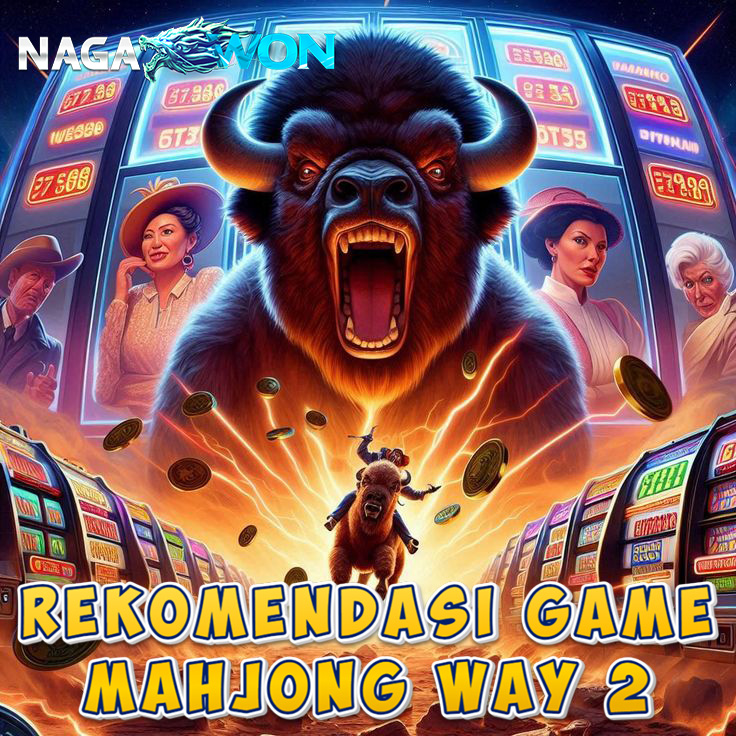NAGAWON: Link Login Resmi Slot PG Soft Mahjong Way 2 Terbaru Gacor

NAGAWON merupakan link login resmi slot pg soft dengan permainan mahjong way 2 versi indonesia yang sudah menjadi salah satu game yang paling populer saat ini dapatkan akses cepat dan aman untuk peluang jackpot terbesar.

